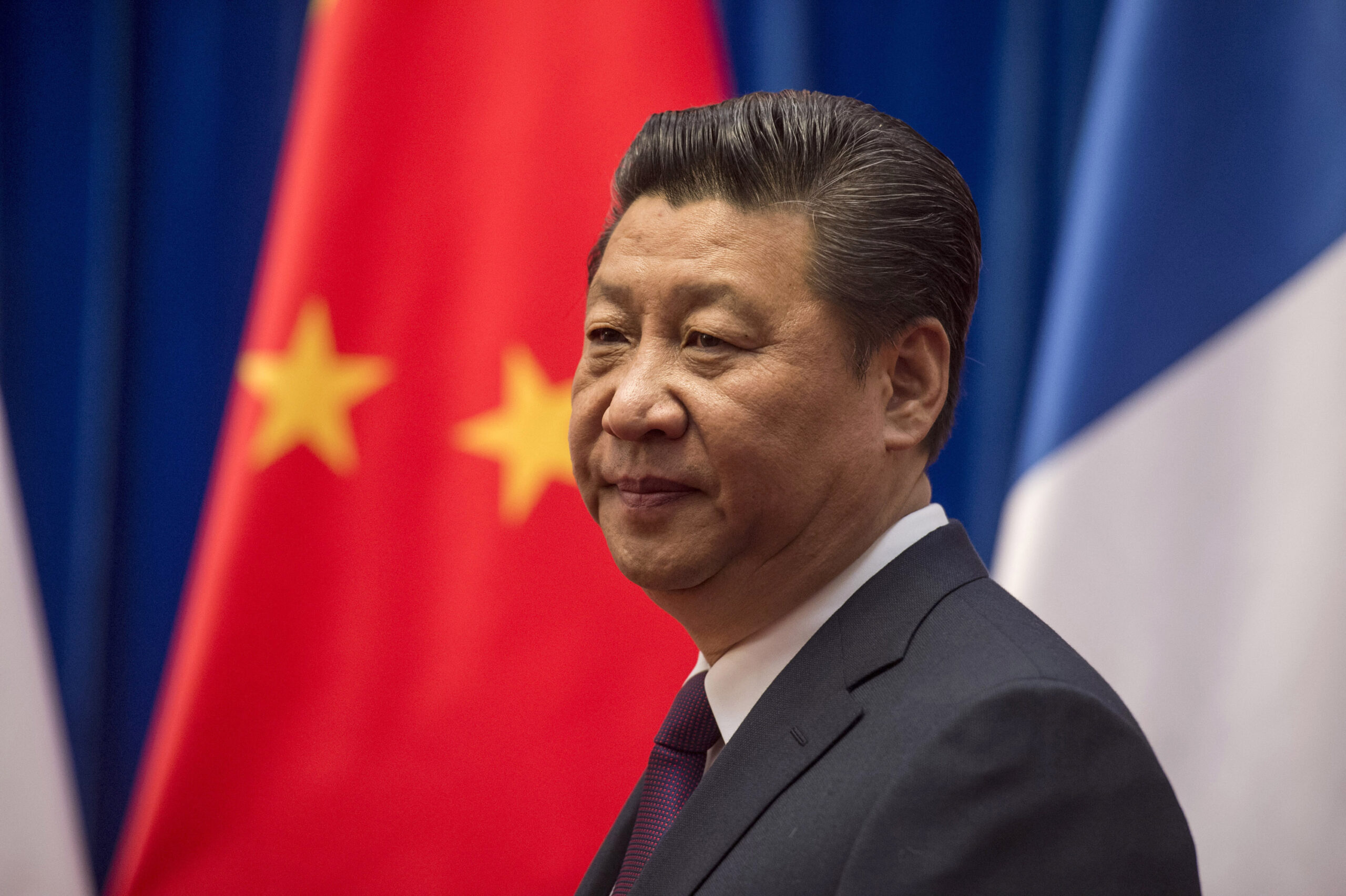
The CEO of Scale AI, Alexandr Wang, a 26-year-old self-made billionaire, issued a stark warning to the House Armed Services Committee about China’s aggressive investments in artificial intelligence (AI). He pointed out that China is investing three times more than the US in its bid to become the world’s AI superpower.
Alexandr Wang stressed, “The country that is able to most rapidly and effectively integrate new technology into warfighting wins. If we don’t win on AI, we risk ceding global influence, technology leadership and democracy to strategic adversaries like China.” He further noted that “The Chinese Communist Party deeply understands the potential for AI to disrupt warfare and is investing to heavily capitalize on the opportunity.”

Wang, who founded Scale AI in 2016 after leaving MIT at the age of 19, has grown his company to a value of over $7 billion. During a trip to China four years ago, he witnessed the scale of China’s ambition. He highlighted, “China was making rapid progress developing AI technologies like facial recognition and computer vision and using these for domestic surveillance and repression. China is investing the full power of its industrial base for AI.” He emphasized China’s significant AI investment, stating, “This year, they’re on track to spend roughly three times the U.S. government on AI.”
However, Wang believes the US still holds the edge in AI development. He stated that the US is the preferred destination for the world’s top AI scientists and has access to an extensive pool of data, particularly from its vast military hardware fleet. This fleet generates 22 terabytes of data every day, providing a potential “insurmountable data advantage when it comes to military use of artificial intelligence.”
But Wang also warned that the US needs to act swiftly to take advantage of this data abundance. He advised the Pentagon to adapt to the new reality of data collection and to develop processes to convert this data into “AI-ready data sets”. He stated, “Every service, every group, every program needs to be thinking about how… all of the data that their programs are collecting and that are being generated within their purview, how can they ensure that all this data flows through into one central data repository, and then are prepared and tagged and labeled for AI-ready use down the line.”
Despite the potential for cooperation, Wang dismissed the idea of the US and China teaming up on AI, given each nation’s concerns about the other’s use of AI for governance. He concluded, “I think it would be a stretch to say we’re on the same team on this issue.” He pointed out that China’s primary use of AI has been for surveillance and control of its citizens, which diverges from the US’s approach.


